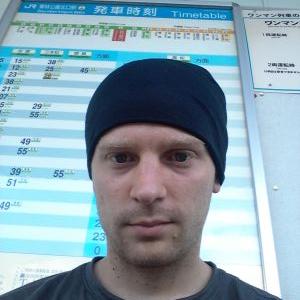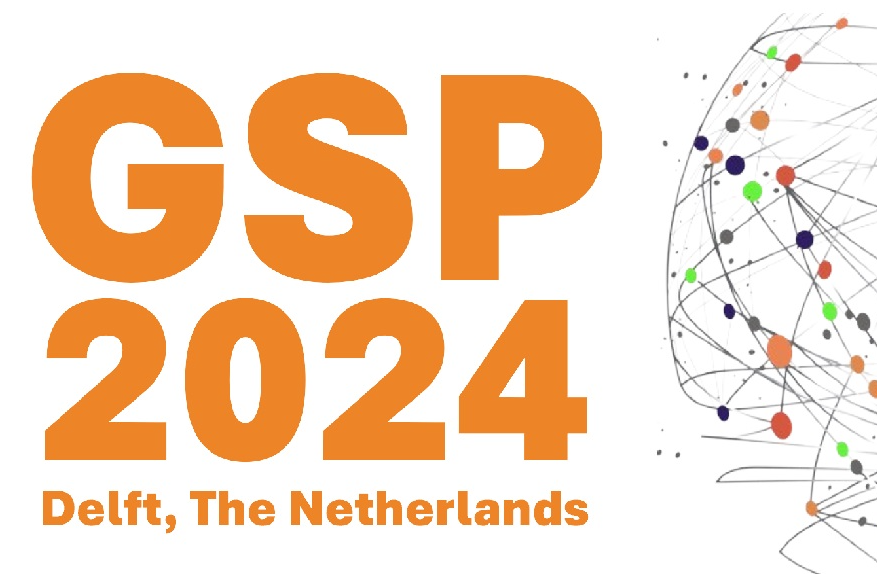Agenda
Signal Processing Seminar
- Thursday, 3 November 2016
- 13:30-14:30
- HB 17.150
Swarm Exploration under Sparsity Constraints
Christoph ManssGerman Aerospace Center Institute for Communications and Navigation (DLR)

Robotic exploration aims at reconstructing (or understanding) an unknown physical process autonomously and as efficiently as possible. The Curiosity Rover on Mars exemplifies well a typical application of a robotic platform for extraterrestrial exploration. In many situations, however, the exploration domain is either vast and a full coverage of it is time consuming for one agent. Another issue is the robustness of the exploration mission, where a single robot represents a single point of failure. This is the reason why our group focuses on multi-agent exploration systems, called swarms.
The multi-agent systems coordinate their actions by cooperatively collecting measurements and jointly processing the acquired data, thus they split the computational complexity of the estimation, and risk of whole system failure, among individual agents. This talk will address a specific class of models for exploration, where the exploration area of interest is considered to be sparse. Sparsity implies that the explored process can be accurately represented with only a few relevant components. This assumption leads to optimization algorithms employing specific non-smooth regularizations. With the help of compressive sensing methods such assumptions can significantly speed up estimation and exploration. Specifically, it will be shown how compressive sensing methods are used to estimate model parameters in a multi-agent setting and how optimal agent trajectories (with respect to the efficiency of the estimation of an unknown process) are computed.
Agenda
- Tue, 30 Apr 2024
- 10:00
- HB18.090
MSc SPS Thesis presentation
Wim Kok
A SystemC SNN model for power trace generation
- Mon, 6 May 2024
- 12:30
- Aula Senaatszaal
PhD Thesis Defence

Christoph Manss
Multi-agent exploration under sparsity constraints
- Tue, 21 May 2024
- 10:00
- Aula Senaatszaal
PhD Thesis Defence

Wangyang Yu
- 27 -- 28 May 2024
- Aula, TU Delft
Conferences

44th Benelux Symposium on Information Theory and Signal Processing (SITB'24, Delft)
- Tue, 18 Jun 2024
- 15:00
- Aula Senaatszaal
PhD Thesis Defence

Hanie Moghaddasi
Model-based feature engineering of atrial fibrillation
- Mon, 24 Jun 2024
- Aula, TU Delft
Conferences
